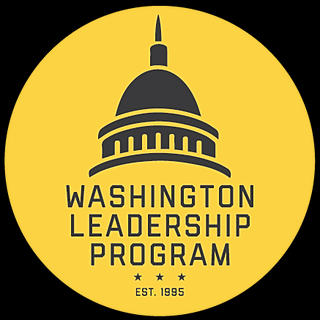WLP 2017 Week 3
- WLP
- Nov 7, 2017
- 2 min read
I came to D.C. hoping to solidify what area of government and politics I want to pursue—and instead of narrowing down my options, this city changes my mind by the hour. I’ll walk by a foreign policy think tank and will realize that I want to conduct research; I’ll visit the Capitol and can see myself working for a Congressman or Senator I admire. I’ll meet a lawyer working on policy I hope to impact and think I will attend law school; I’ll meet another lawyer working on policy who bashes law school and then think I will aim for a master’s degree instead. I’ll meet former campaign staffers and realize I want to work towards getting the right people elected to office; I’ll meet government employees and realize that I want to work for an elected official or a specific agency.
Needless to say, this city has me constantly questioning my career and feeling in awe by the endless possibilities within government and politics. However, D.C. leaves me certain that I want to influence policy that has a positive impact on others. This week we met with Faiz Shakir, the National Political Director of the ACLU. He shared his background in politics and provided his input on the recent Supreme Court decision to permit the Muslim travel ban for now and hear arguments in the fall. It was a fitting day to hear Faiz speak, as this news broke out only hours before. He explained the work he does as the Political Director, developing and implementing strategies to advance the organization’s priorities both at the federal and state level. He further explained how grassroots organization is key to spreading the ACLU’s message and fighting for the its mission—and also key for advocating against the injustices of the Muslim travel ban.
Faiz shared how his parents emigrated from Pakistan and that he grew up identifying as American. When he was young, he picked up a love for baseball and had to explain the sport to his parents through cricket comparisons. However, he noted that despite his American identity, the first thing others notice is his ethnicity and religious roots. But rather than ignoring his background, he embraces his awareness of the minority struggle and uses it to shape his approach to advocacy work.
Despite my ongoing confusion about which next steps I should take in my career, this talk reminded me how much my Pakistani-American identity has motivated my interest in government and politics. Like Faiz, I may not always practice the culture or religion consistently, but I do want to help others that do. Thus, as I continue to explore my career, I know with certainty that I will use my Pakistani-American, Democratic, liberal, Muslim, and female perspective to advance the rights and respect of minorities.
Sharmeen Khan
Department of Commerce



Comments